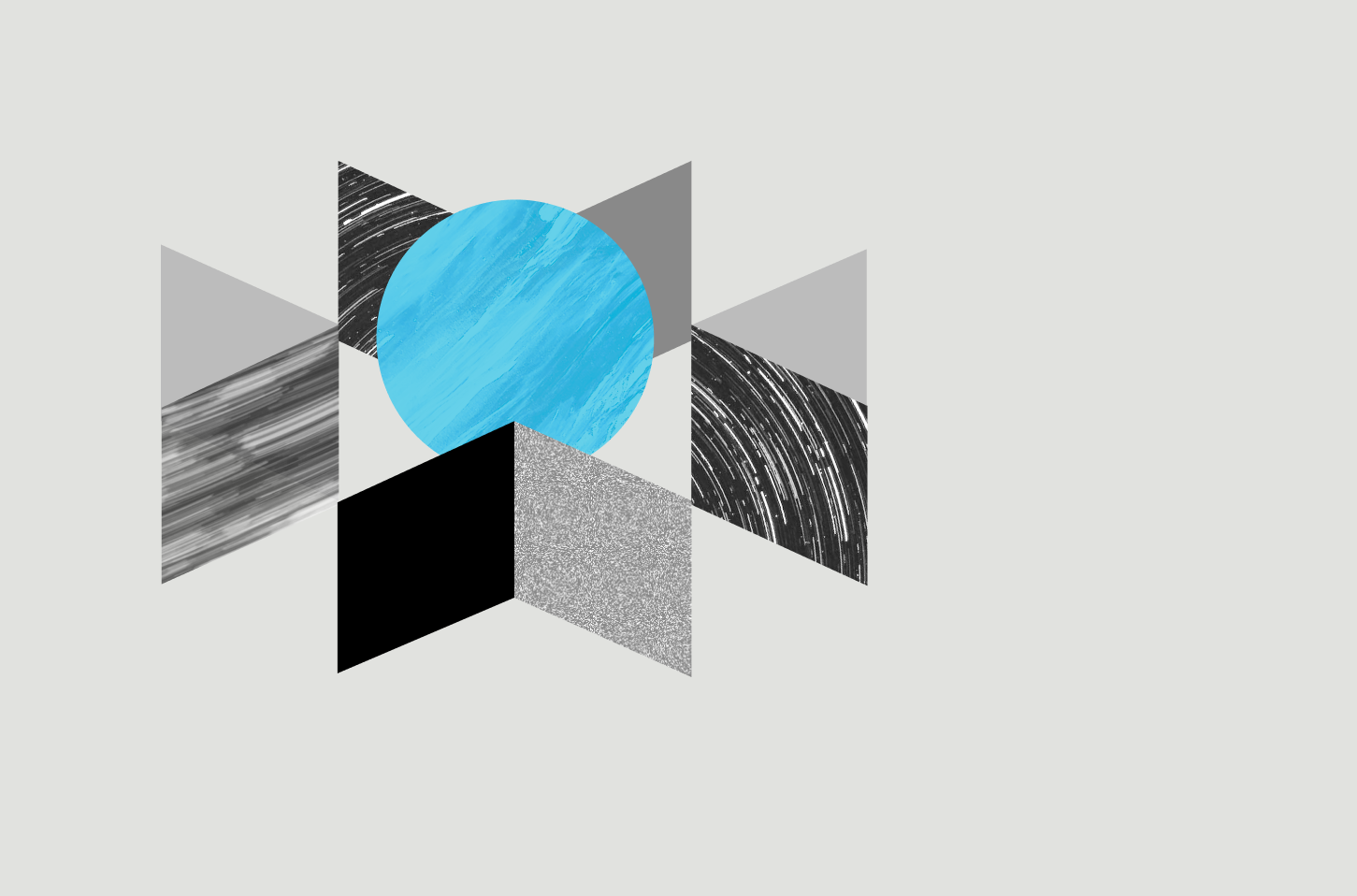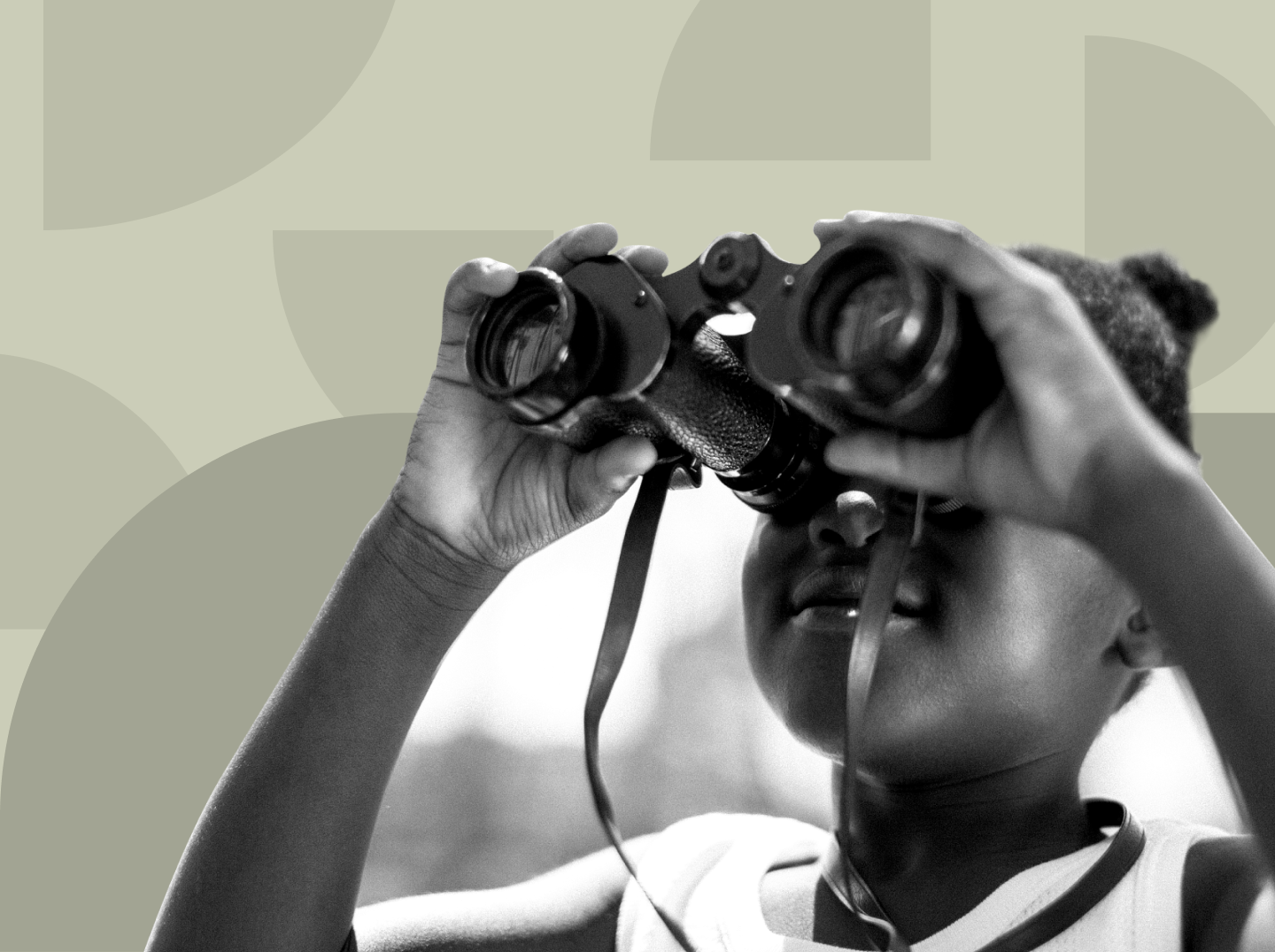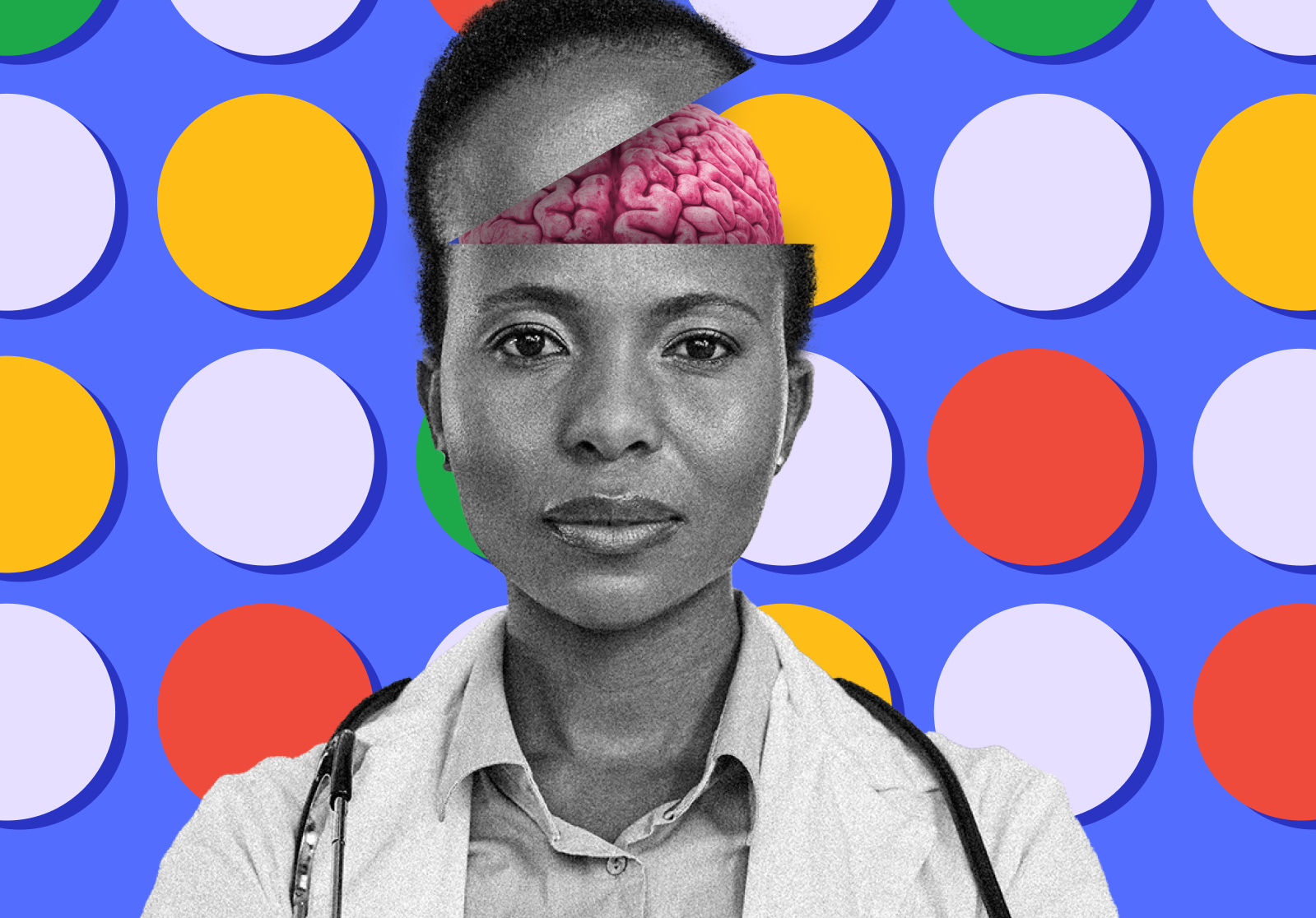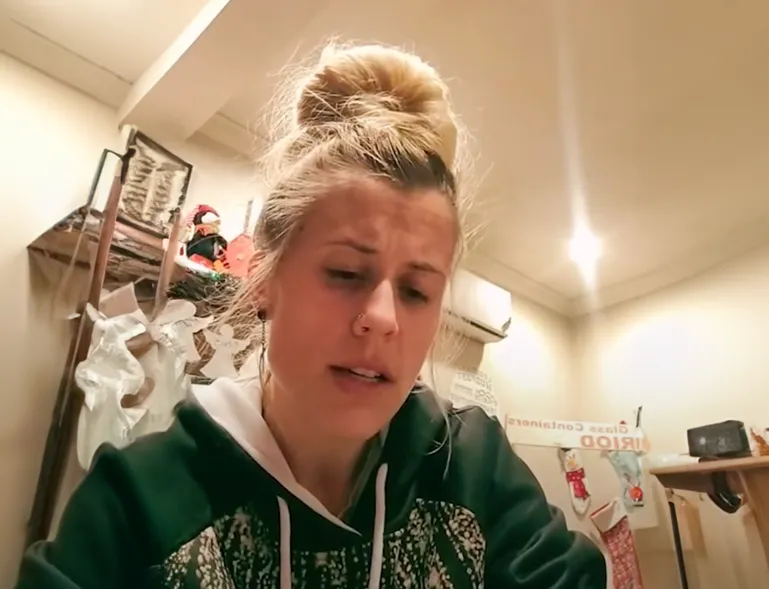We believe that for women’s health the ‘best-care’ scenario can be the only way forward.
Many companies have decided to no longer fund research into the unique ways health manifests
in the female physiology. While there has been a great deal of positive momentum, social and political agendas put the future of female health advancements at risk.
We believe that for the health of everyone, the only way forward is a ‘best-care’ scenario for women’s health. But since this is a futures exercise, we have peered into the future and caught a glimpse of what both a ‘best-care’ and ‘worst-care’ future could look like.
We believe that for the health of everyone, the only way forward is a ‘best-care’ scenario for women’s health. But since this is a futures exercise, we have peered into the future and caught a glimpse of what both a ‘best-care’ and ‘worst-care’ future could look like.
Let’s journey 10-15 years into the future and explore what a day in the life might be like for Michelle & Jesse.
The year is 2036.
The “best-care” future
scenario
Michelle lives in a future that has embraced women’s health as a critical area of human health investment and she participates in the open sharing of her health data to help accelerate the advancement of personalized treatments.
The year is 2032.
The “worst-care” future
scenario
Jesse lives in a world that wears blinders to
the fact that female bodies have unique health needs and is not prepared to care for those who identify as anything other than cisgender.
‘BEST-CARE’ SCENARIO
Transformative Investment in
Women’s Health
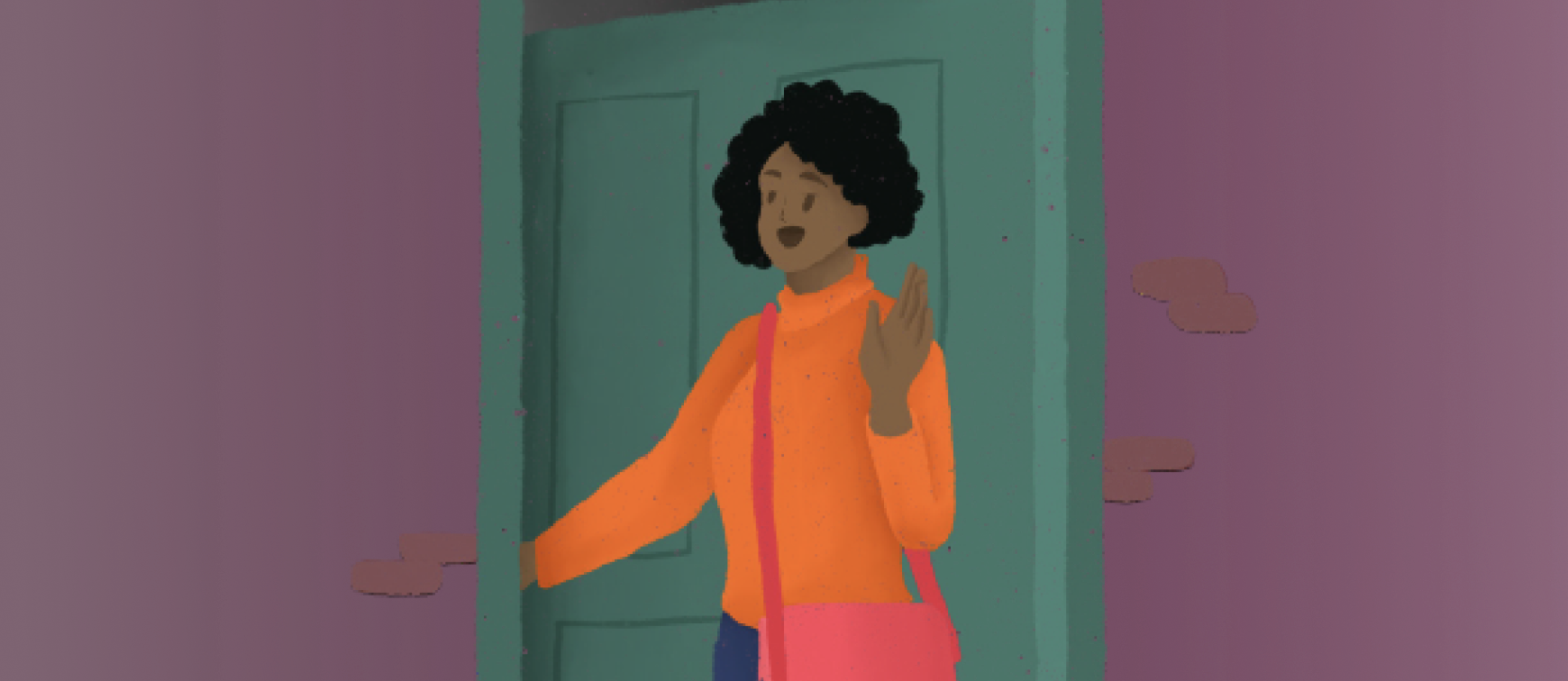
The year is 2036.
Hi! My name is Michelle. It’s great to have you tagging along with me today. First thing on my agenda is a quick visit to the breast clinic where I’m having a series of annual breast health tests.
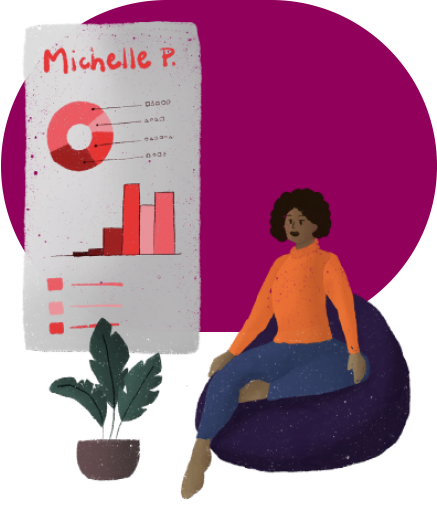
I remember a time a long while back when I had to wait what seemed like days to get test results back but now test results are basically instantaneous! In the time it took to put my clothing back on after the tests, I’m back in my doctor's office and the “Alexa” voice is telling me what the tests found and what it all means. "Nothing abnormal detected."
My doctor says it’s a “deep learning algorithm” that’s been trained to read mammogram images, assess my breast density, and compare this scan to my past scans. And it even goes one step further and compares my breast scan to other women who have been diagnosed with cancer! So, it can tell me if I have any signs that my breast tissue may be changing.

Hi Janelle. The doctor told me to let you know I want my health data from the tests today to be added to the national database. I’m excited to hear that more women of color are opening up to the idea of sharing their health data to support each other!
Brrrr it’s cold out here! That blast of cold air made me catch my breath and I felt my heart race for a split second. I'm not that old but the doctor recently discovered I have cardiac health risks so they put a cardiac tracker in my chest. It’s able to send information about my heart directly to an app on my phone and to my doctor at the same time so my doctor knows right away if something’s not right with my heart. There was a time when women weren’t always taken seriously when they had heart challenges, but nowadays this cardiac machine speaks for my heart and it doesn’t lie.
.png)
.png)
Excuse me for a sec, I need to call my aunt for a quick morning check-in. Her menopause symptoms have been more disruptive than usual, so she’s taking a few days of her personal & family care paid time off.
She’s not been sleeping well and it’s also impacting her mental health. She’s lucky she found a Black female therapist who specializes in women living through menopause. It makes all the difference having someone who truly understands the realities of her experience.
She’s not been sleeping well and it’s also impacting her mental health. She’s lucky she found a Black female therapist who specializes in women living through menopause. It makes all the difference having someone who truly understands the realities of her experience.
These are my two nieces. I love them dearly, but I never wanted to have kids myself. The future just seemed too precarious when I was considering it so I started to suppress my period and I loved the freedom from pain and mess, so I never went back. The world does seem more stable and inclusive today so I’m happy my nieces will be growing up in a world that will be able to care for their needs in how ever they choose to show up.
What can we do today to make sure we arrive at this future that Michelle lives in?
What makes it so challenging to achieve?
‘WORST-CARE’ SCENARIO
The Collapse of Women’s Health
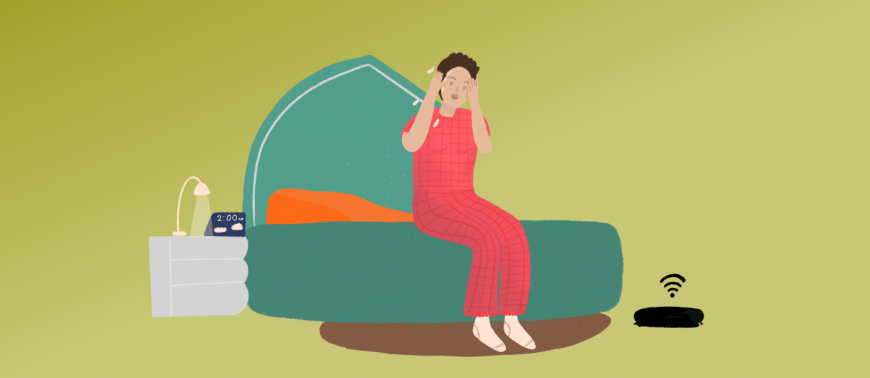
The year is 2032. Meet Jesse.
Argh! These last two weeks I feel like I’ve been sleeping in a swimming pool. I’m waking up in the middle of the night with my pajamas and sheets soaked with sweat, feeling like a furnace is being turned on high from deep within my chest. Remaking the bed in the middle of the night isn’t my idea of nighttime fun.
Argh! These last two weeks I feel like I’ve been sleeping in a swimming pool. I’m waking up in the middle of the night with my pajamas and sheets soaked with sweat, feeling like a furnace is being turned on high from deep within my chest. Remaking the bed in the middle of the night isn’t my idea of nighttime fun.
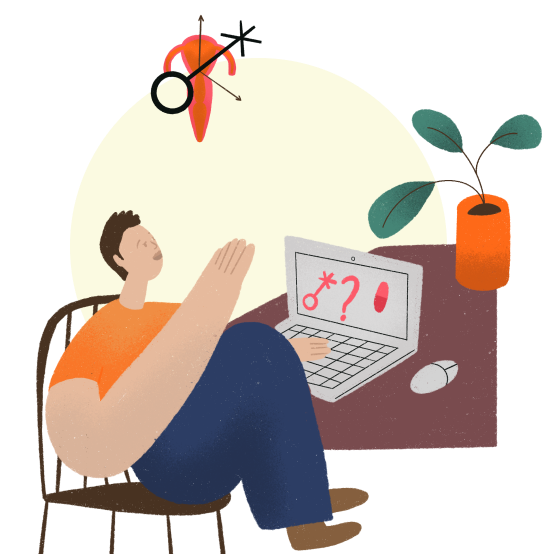
Experiencing menopause wasn’t something that was on my radar. I’ve always identified as non-binary and haven’t thought about
the fact that menopause would be something I would be dealing with. It’s even harder for my friends who are trans because they haven’t been able to medically transition when the societal doors were closed on non-gender conforming people
a number of years ago.
I was able to get an appointment with my doctor to discuss this menopause issue but seeing the doctor is very triggering for me because I have to show up looking female for them to take my health issues seriously. My trans friends won't go to the doctor unless their health issues are really serious because the experience of presenting as female is really hard on their mental health.
No one really talks about menopause out in the open anymore. It’s become taboo. It’s the same with other areas of women’s health like endometriosis, cardiovascular health and cancer – funding was cut
off and learning in this space has stalled. I’ve been searching online for information and studies on how
to manage my menopause symptoms, but I can’t find anything current. Everything is at least 10 years old!
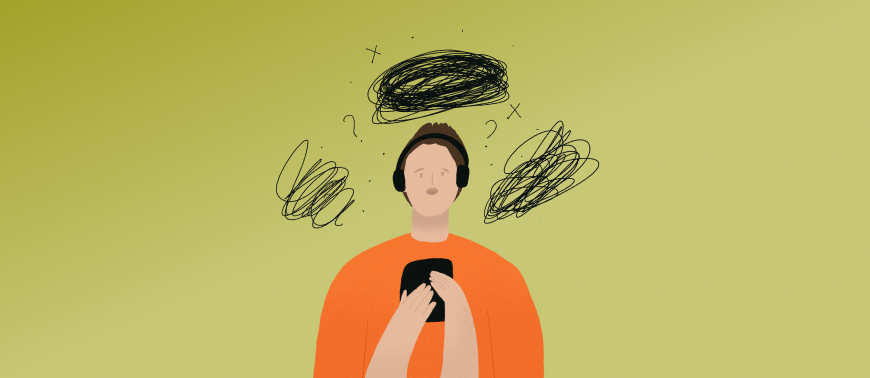
Some of my trans friends have a weekly CBT session on their Therapy App but it uses an AI generated therapist which is often useless because it’s not designed to appreciate the nuances of what it’s like to live on the outside of a binary world. It’s kind of exhausting trying to be seen in a world that doesn’t want you to exist.

Values are shifting
in women’s health!
Today, we are seeing the emergence of an expanded future of women's health.
One that is starting to take seriously a view beyond reproduction, driven by emerging shifts in traditionally held values in society and mainstream culture.
While many of these shifts are rooted in aspects of reproduction, the shifts themselves indicate a move towards a widening of the women’s health lens.
learn more about the shifting Values

Innovations in women's health are gaining momentum!
Our foresight team scanned the current landscape discovering vast technological innovation in wide ranging areas of women’s healthcare. It is exciting to see real movement, and new products and
services being offered to make women’s health more expansive, up-to-date, and innovative.
Explore the Innovations


